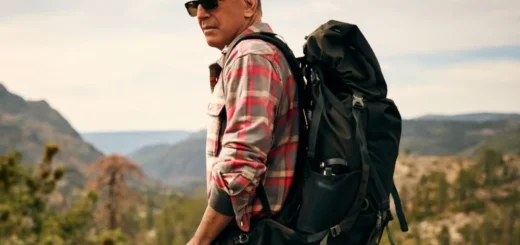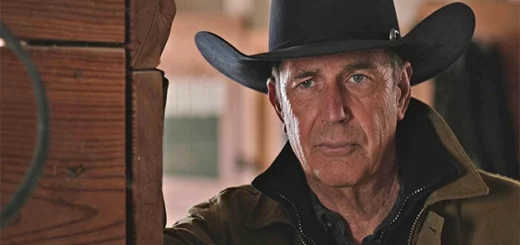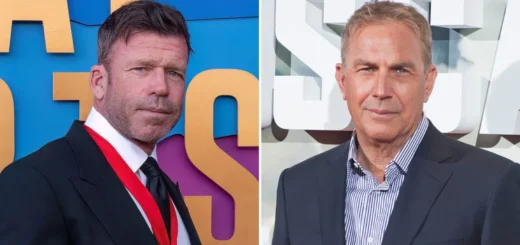The Clint Eastwood Movie Kevin Costner Wanted to Direct: “I Chased It for Eight Years”
It was inevitable that Kevin Costner would often be compared to Clint Eastwood during his early rise in Hollywood. Both actors and directors shared enough similarities to make the comparison natural, especially for those who saw Costner as a potential successor to Eastwood’s legacy.
One clear connection was their mutual love for westerns. Costner grew up immersed in classic Western films from some of the genre’s most legendary directors, which deeply influenced his career path—sometimes for better, sometimes for worse.
While Eastwood was dubbed the heir to John Wayne’s throne after the success of the Dollars trilogy in the 1960s, Costner found himself in a similar position following his breakout role in 1985’s Silverado. This eventually led him to Dances with Wolves, a film that would define his career.
In many ways, Dances with Wolves marked a moment where Costner surpassed Eastwood. Though Eastwood had directed more films overall, Costner’s achievement as director, producer, and lead actor in a western that earned multiple Oscars—including Best Picture and Best Director—and became the highest-grossing film in the genre was unmatched.
However, Costner never quite reached those heights again, despite frequently returning to westerns in films like Wyatt Earp, Open Range, and The Postman. Interestingly, he even had the chance to work alongside Eastwood in 1993’s A Perfect World, where they starred together—and reportedly clashed.
The one film that slipped away from Costner, however, was Eastwood’s masterpiece Unforgiven. In an interview with Howard Stern, Costner revealed he had spent nearly a decade trying to acquire the rights to the screenplay by David Webb Peoples, originally titled Whore’s Gold.
“For eight years I chased it,” Costner admitted. “That movie was meant to be a follow-up to Dances with Wolves.” Eastwood only came into possession of the script after Francis Ford Coppola passed on it, holding onto it for years before deciding it was time to step into the role of William Munny. His patience paid off, as Unforgiven went on to become a critical and commercial triumph, sweeping awards during its season.
Meanwhile, Costner’s attempts to regain the rights repeatedly hit dead ends. Unforgiven remains Eastwood’s crowning achievement as both director and actor, but it’s intriguing to imagine how the film might have turned out if Costner had brought his own vision to it—directing, producing, and starring in the role of the haunted avenger.


